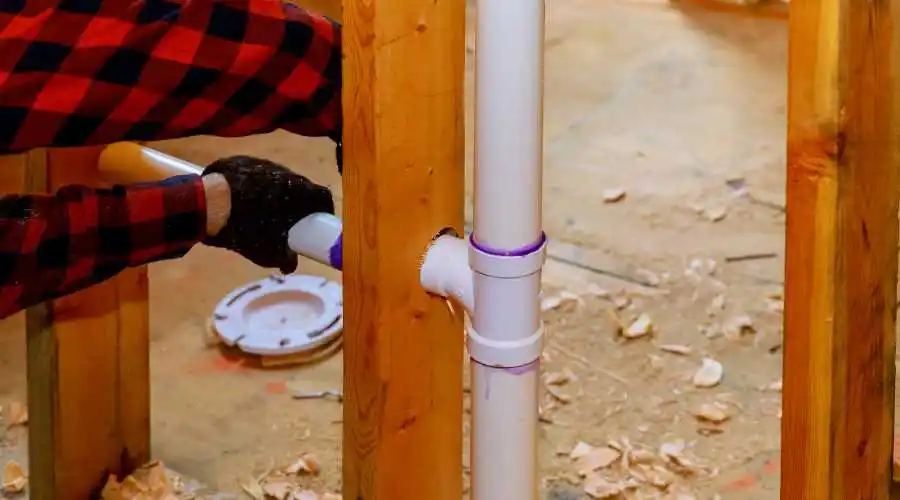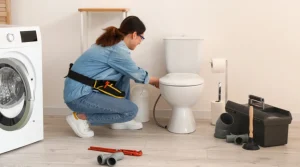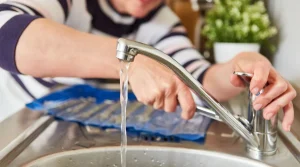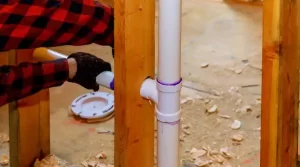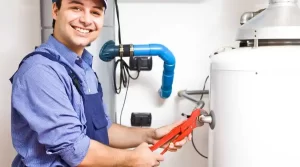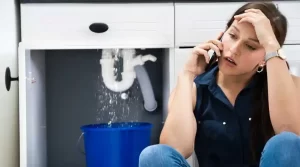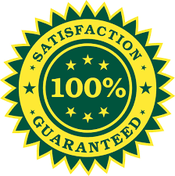If your home is a time capsule from the ’70s or ’80s, there’s a good chance your plumbing is too. Many houses in North Bergen, NJ especially those from that era, are in dire need of repiping. Outdated materials like galvanized steel or iron pipes can spell plumbing trouble. So, you’re probably asking yourself, “What’s the real cost of repiping a house in North Bergen, NJ?”
Let’s dive into the factors that affect the cost of replacing plumbing in an older home and explore the materials used.
What Drives the Cost of Repiping?
1. The Size of Your Home
The size of your house has a significant impact on repiping costs. Larger homes have more pipes to replace, which naturally increases the overall cost. Professionals often express these costs as “plumbing cost per square foot.”
2. Choice of Pipe Material
The material you choose for your new pipes plays a crucial role. Plastic pipes are initially budget-friendly, while copper is renowned for its durability but comes at a higher price. It’s essential to consider the long-term benefits of your choice.
3. Repiping Method
How you go about replacing the pipes matters. Traditional methods, involving digging trenches, can be quite expensive. However, modern trenchless technologies are more cost-effective and less disruptive.
4. Extent of Replacement
You’ll need to decide whether you want to replace only the visible pipes or the entire plumbing system. In cases involving lead pipes, which are toxic, it’s crucial to replace them as soon as possible. Partial replacements may seem cost-effective but could lead to more significant issues down the road.
Understanding Common Repiping Materials
Thre are three primary materials are commonly used for repiping: copper, cross-linked polyethylene pipe (PEX), and Chlorinated Polyvinylchloride (CPVC). Each comes with its unique advantages and disadvantages.
Copper Pipe
Pros:
- Highly durable
- Suitable for both indoor and outdoor use
- Easy to measure
Cons:
- Relatively expensive
- Prone to bursting in freezing weather
PEX Pipe
Pros:
- Very flexible and durable for indoor applications
- More affordable than copper pipes
- Quick and straightforward installation
Cons:
- Not suitable for outdoor use or exposure to UV light (as UV light can damage PEX)
- Potential measurement challenges, but experienced plumbers can handle this
- Vulnerable to damage from rodents and other animals, which can lead to leaks
CPVC Pipe
Pros:
- Cost-effective
- Easy installation
- Resistant to corrosion from water and contaminants
Cons:
- Some concerns about inconsistent manufacturing quality
- Prone to bursting in certain situations
Breaking Down the Costs
Copper Pipe Costs
Copper pipes are on the higher end of the cost spectrum, generally ranging from $2 to $4 per foot for materials alone. The installation process adds further expenses. Smaller jobs might cost as little as $8,000, but larger, more extensive projects can surpass $20,000.
PEX Pipe Costs
PEX pipes are the budget-friendly option, priced generally at $0.50 to $2 per foot. This results in an average cost of plumbing per square foot ranging from a few thousand dollars to around $15,000 for comprehensive repiping.
CPVC Pipe Costs
CPVC pipes are the most economical choice, generally costing around $1 per foot. Typically, replacing pipes in a house with CPVC comes to a few thousand dollars, unless it’s a particularly large or complex project.
Why Repiping Matters
Repiping is a crucial investment in your home’s health and your peace of mind. Neglecting aging pipes can lead to leaks and substantial damage, resulting in high repair costs and stressful plumbing emergencies. Repiping addresses this issue proactively, serving as a vital preventive measure against potential disasters in your home.
Additionally, exploring trenchless repiping methods can further enhance the efficiency and cost-effectiveness of the process. These modern approaches minimize disruption to your property while ensuring the longevity and reliability of your plumbing system. Ultimately, repiping is not just a financial commitment but a step towards maintaining a healthier, stress-free, and more secure living environment.
In summary, the cost of repiping your house hinges on several factors. It’s not just about the money; it’s about securing the future of your home. Don’t wait until plumbing problems turn into nightmares. Invest in repiping to safeguard your home.
Contact us at BJC Plumbers North Bergen today to explore your repiping options and ensure your home’s plumbing is in optimal condition. Your home deserves it!

